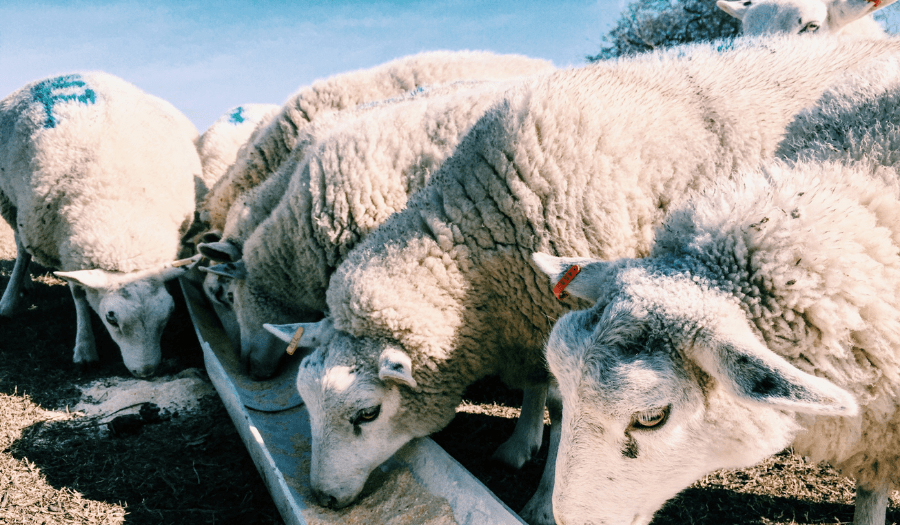
By the complexity of the molecules that make them up, essential oils prevent the development of bioresistance and that's what makes these alternative solutions particularly effective over time.
Essential oils have a broad spectrum of action and act on different parts of the animal's body:
? Download the guide to find out more about essential oils in animal nutrition!
.jpg?width=370&name=Porc%20(4).jpg)
At porkStudies suggest the benefits of essential oils for growth, intestinal microflora, anti-oxidation, immune function and meat quality.
It has also been found that swine proliferative enteropathy caused by specific strains ofEscherichia coli has been controlled by adding carvacrol-rich essential oils to the diet.
.jpg?width=370&name=Volaille%20(4).jpg)
At poultryAccording to a recent study, dietary supplementation with thymol and carvacrol has been shown to improve performance, increase antioxidant enzyme activity, delay lipid oxidation and promote digestive enzyme activity and immune response. More specifically, certain components of essential oils are thought to have an effect against Clostridium perfringens and necrotic enteritis.
.jpg?width=370&name=Ruminant%20(4).jpg)
At ruminantsAn improvement in digestion was observed, leading to a reduction in methanogenesis and nitrogen excretion.
Other studies show that the use of formulations based on essential oils extracted fromOriganum vulgare (Lamiaceae) and Citrus spp. (Citraceae) in farms sheep would reduce the intensity and prevalence of coccidial infection in the flock and increase lamb growth.
At HERBAROM we are convinced of the promising potential of essential oils, which should be seen as a more natural solution for managing livestock and keeping animals healthy.